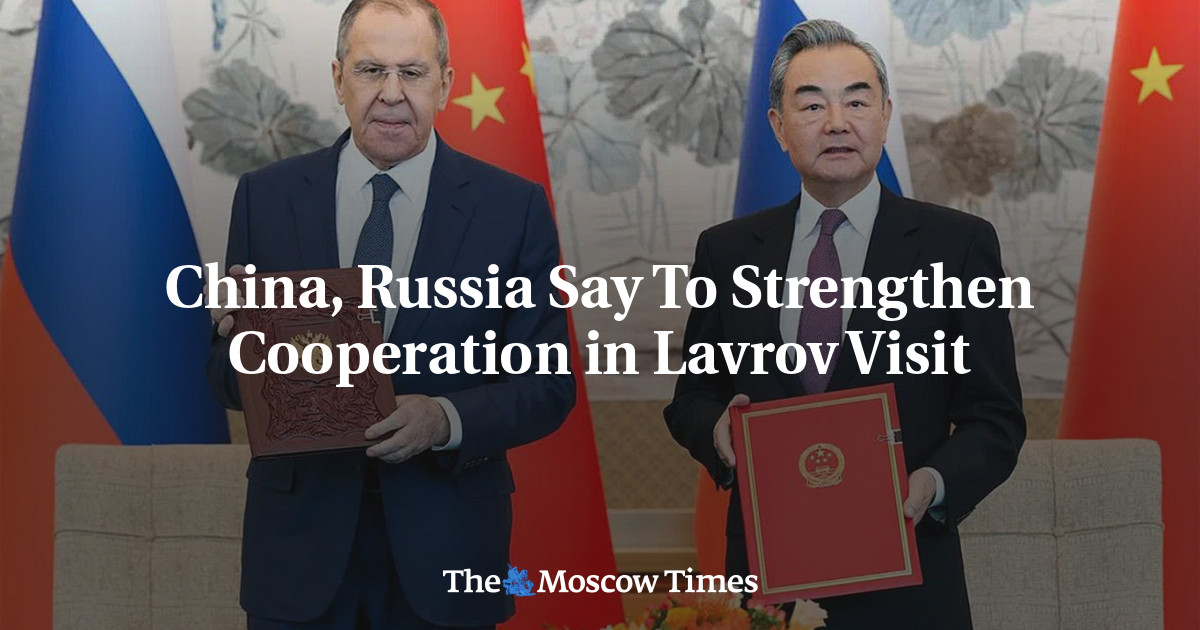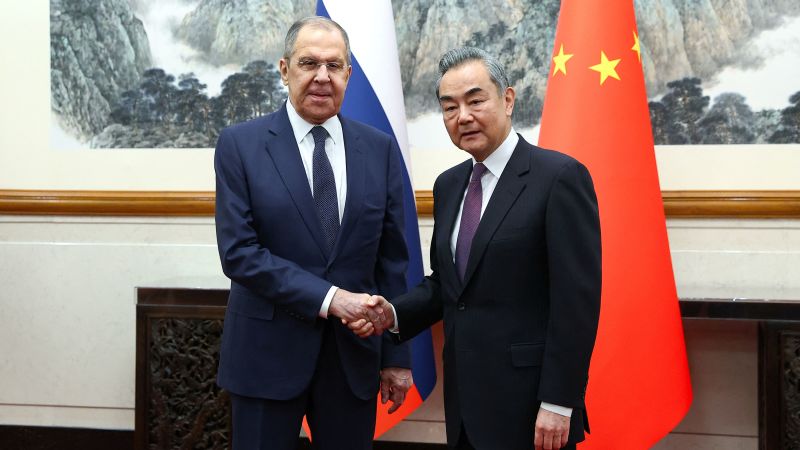
Russia and China have agreed to strengthen strategic cooperation as Moscow's top diplomat met with President Xi Jinping in Beijing. The two countries are working on a dialogue on Eurasian security, aiming to double counteract the European-Atlantic alliance led by the US. Russia supports China's development path and combats terrorism and maintains social security and stability.


